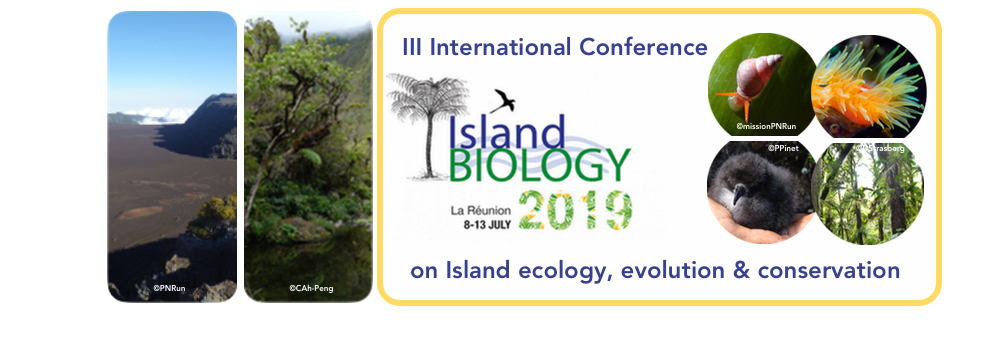The European Macaronesian archipelagos (Azores, the Canary Islands, Madeira and Selvagens Islands) are one of the most important biodiversity hotspots in Europe. Biogeographically similar but administratively managed by two countries (Portugal and Spain), these archipelagos suffer common problems posed by biological invasions. We reviewed past and present invasive alien species (IAS) actions carried out in each archipelago in aspects such as : i) building awareness and support, ii) collecting, managing and sharing information, iii) strengthening national policy, legal and institutional frameworks, iv) regional co-operation, v) prevention, vi) early detection and rapid responses, vii) mitigation of impacts, and viii) restoration of native biodiversity. State-of-the-art analysis has allowed the identification of existing gaps and aspects to which more efforts have been allocated. In general, despite some past efforts, vigorous information and education programmes for different target audiences are lacking, and IAS are not formally incorporated to education programmes. Species inventories and exchange of information are insufficient and regional and national law should be still strengthened. Specific aims and prescription regulated by the EU Regulation 1143/2014 for the outermost regions have been timidly (or have not been yet) implemented. Conflicts between the national and EU level have affected the implementaion of IAS legal measures, being urgent to get consistency and harmonisation between policies and legislations. Regional cooperation is scarce, as well as it is among different institutions within some archipelagos. In general, mitigation of impacts has monopolized most of the funds allocated to IAS in all the archipelagos. A considerable much less effort aimed at prevention or early warning actions have been accomplished in the region, despite these being the ones producing the most profitable outputs. Finally, restoration actions related to IAS management are scarce and should be promoted more intensively. Bearing in mind that Macaronesia hosts a tremendous portion of European biodiversity in relation to the area it occupies, it is urgent to implement regional, national and European strategies that quickly have an impact on effectively managing IAS within a region whose vulnerable and fragile ecosystems are still highly threatened.

|
|
|
|
Past, present and future of invasive alien species on the Macaronesian islands
1 : Instituto de Productos Naturales y Agrobiología CSIC
(IPNA-CSIC)
Ave. Astrofisico Fco. Sanchez, 3, La Laguna, Tenerife, Canary Islands -
Spain
2 : Centre for Ecology, Evolution and Environmental Changes / Azorean Biodiversity Group and Universidade dos Açores
(cE3c)
Universidade dos Açores Rua Capitão João d´Ávila, Pico da Urze, 9700-042 Angra do Heroísmo, Terceira, Açores -
Portugal
3 : Instituto das Florestas e Conservaçao da Naturaleza, Secretaria Regional do Ambiente e Recursos Naturais
(IP-RAM)
Quinta Vila Passos, Rua Alferes Veiga Pestana 15, 9054-505, Funchal – Madeira -
Portugal
4 : Instituto de Productos Naturales y Agrobiología CSIC
(IPNA-CSIC)
Avda. Astrofisico Fco. Sánchez, 3, La Laguna, Tenerife, Canary Islands -
Spain
5 : Servicio de Biodiversidad, Gobierno de Canarias,
(GOBCAN)
* : Corresponding author
Ave. de Anaga 35, planta 11, 38170 Santa Cruz de Tenerife, Canary Islands, -
Spain
|
| Online user: 13 | RSS Feed |

|
 PDF version
PDF version